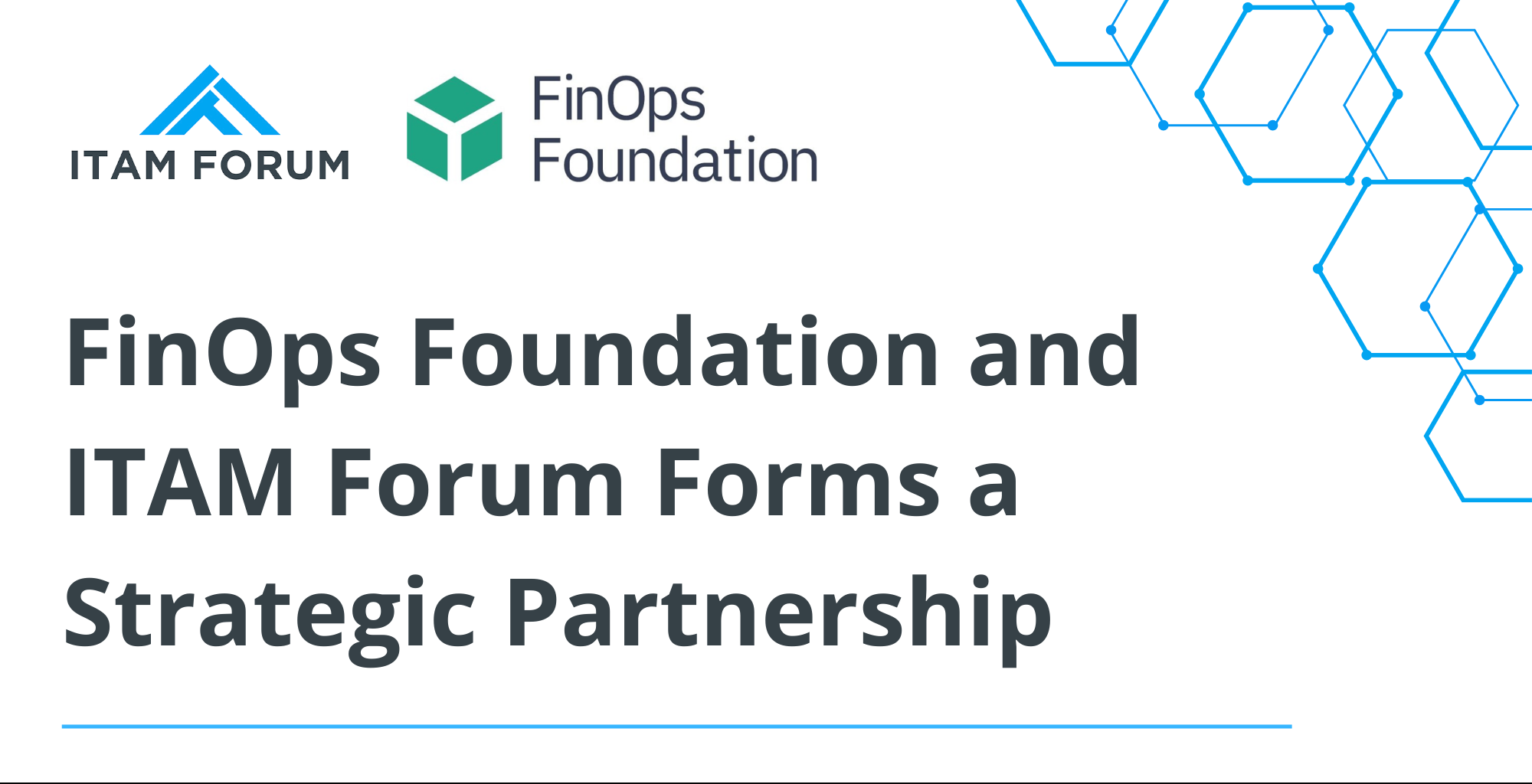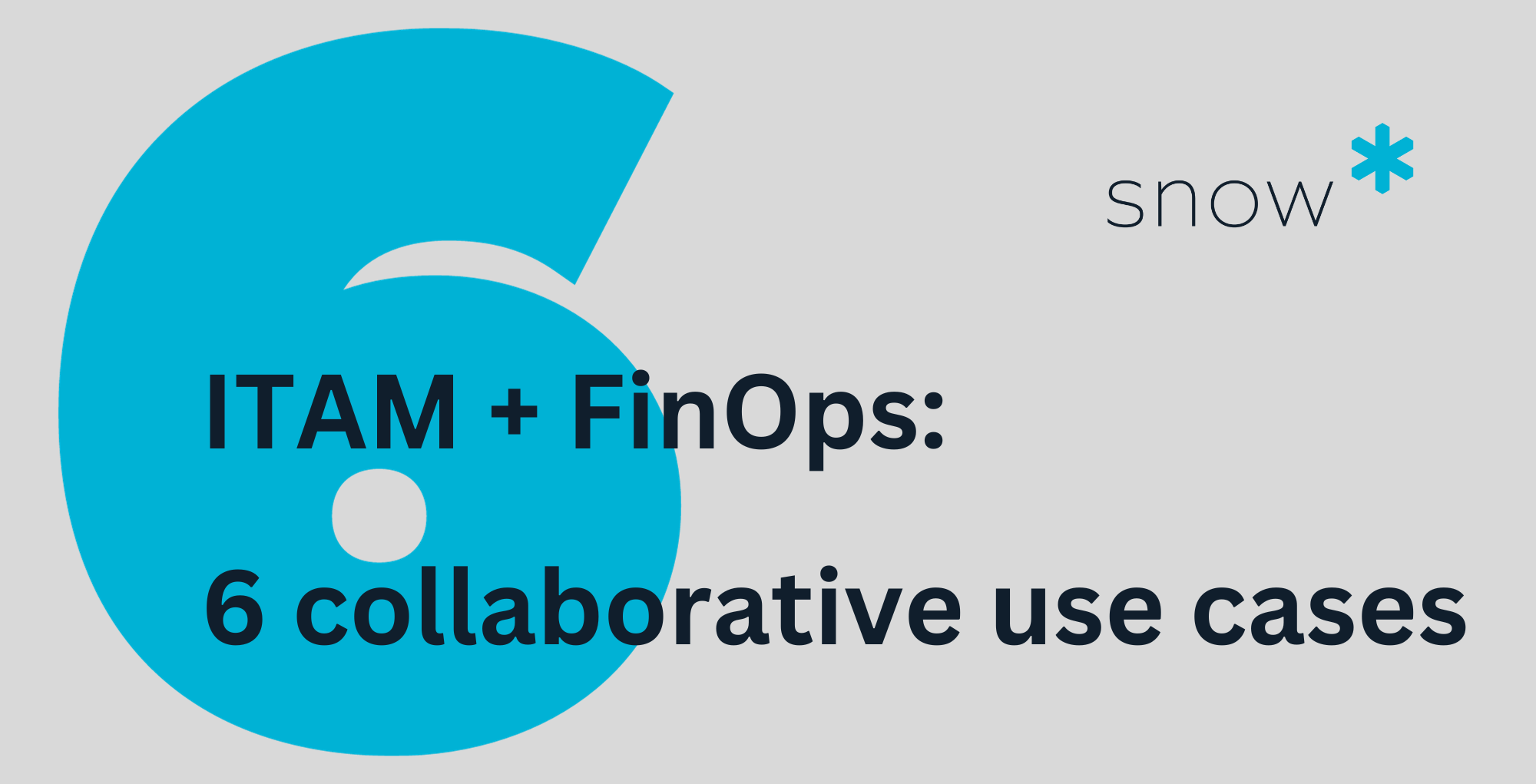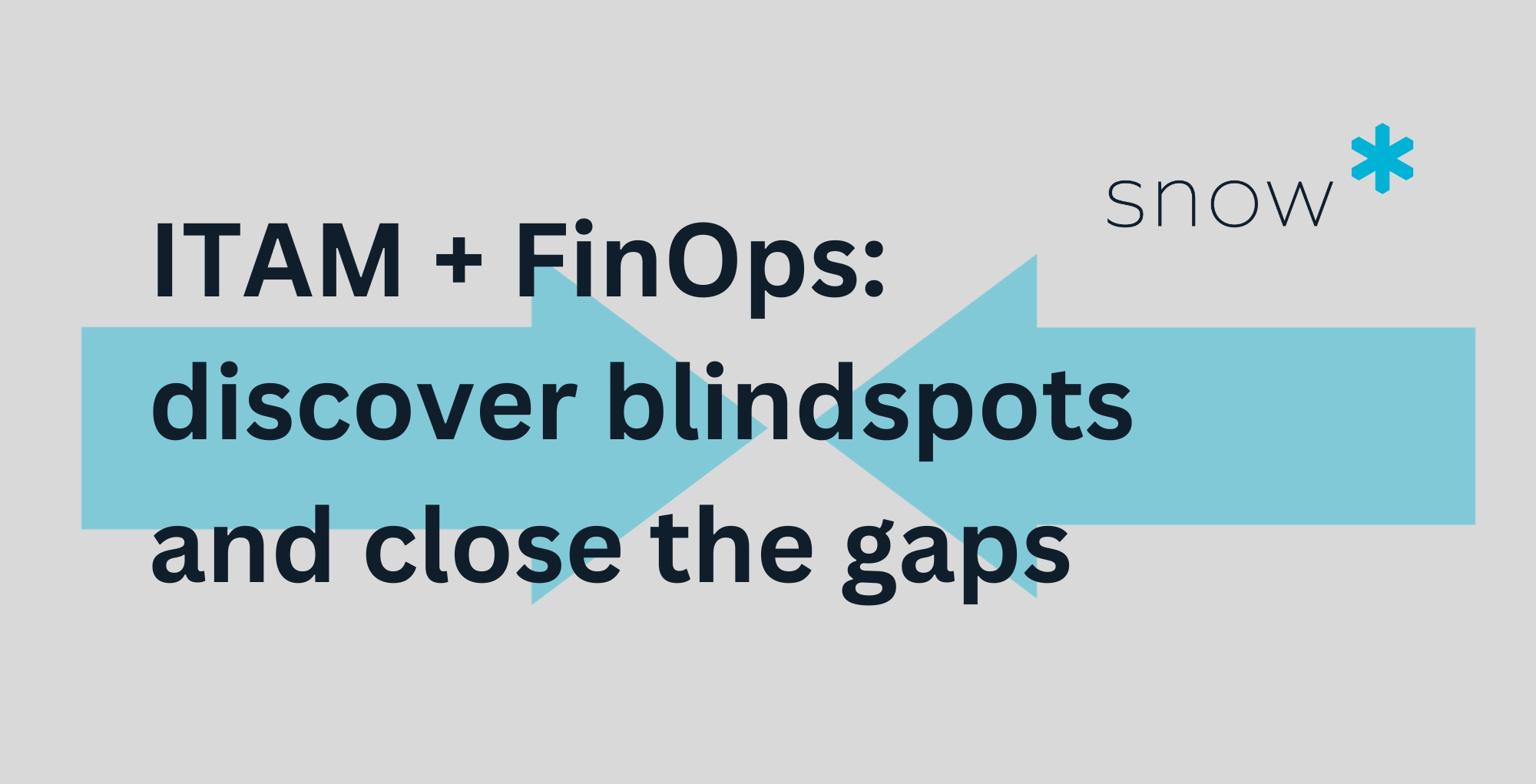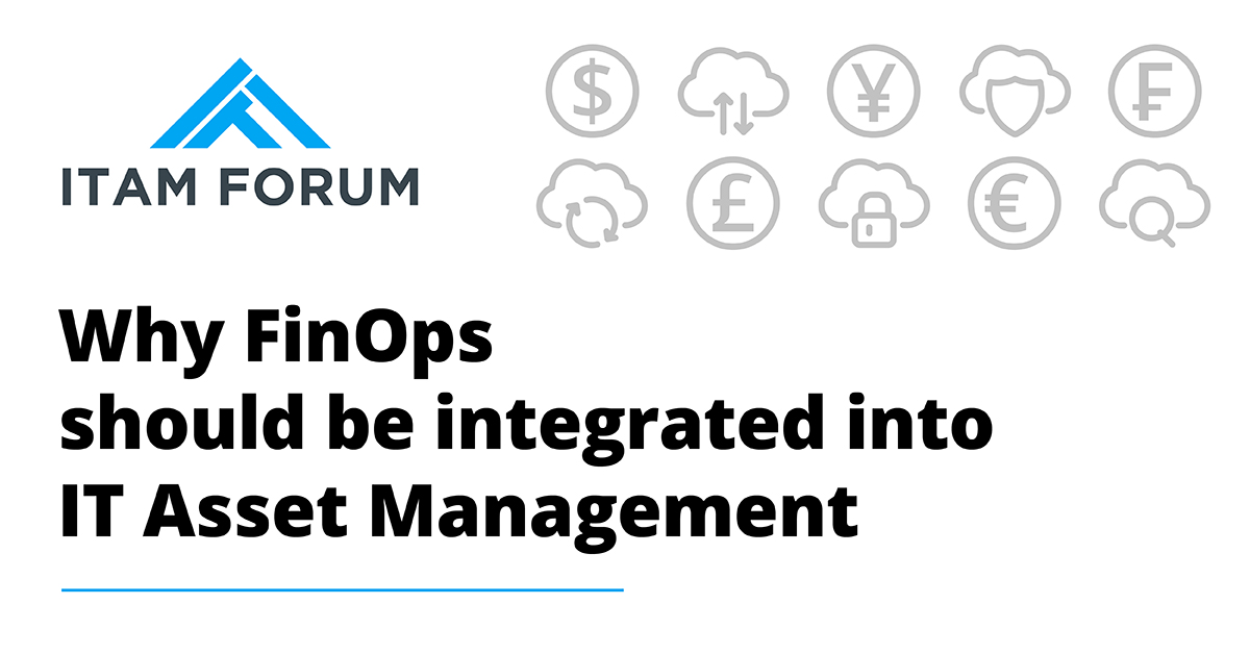New collaboration bridges FinOps and ITAM/SAM through community, education, and best practice working groups—responding to growing organizational convergence of the two practices
June 2, 2025 – San Francisco, CA and London, UK – The FinOps Foundation, a global non-profit trade association program of The Linux Foundation, and the ITAM Forum, a global non-profit membership association for IT Asset Management (ITAM), today announced a strategic partnership to support the accelerating convergence of FinOps and ITAM/SAM that has occurred in large organizations over the last 18 months. This collaboration reflects an accelerating trend in enterprises to merge or tightly align cost optimization and compliance disciplines as Cloud+ environments become the new norm—encompassing not just public cloud, but also SaaS, licensing, data centers, and other variable technology spend.
FinOps—a portmanteau of “Finance” and “DevOps”— is an operational framework and cultural practice which maximizes the business value of cloud and technology, enables timely data-driven decision making, and creates financial accountability through collaboration between engineering, finance, and business teams.
With the 2025 expansion of the FinOps Framework, the scope of FinOps has grown from public cloud cost management into what is now referred to as Cloud+ an umbrella term for managing spend across SaaS, software licenses, hybrid infrastructure, and more. ITAM and SAM, in contrast, have long focused on software inventory, license compliance, renewal governance, and software discoverability. These practices have historically operated in parallel, but increasingly they are converging into unified teams and workflows.
Key areas where FinOps and ITAM/SAM intersect include:
-
- SaaS Inventory and Rationalization – Combining FinOps usage and cost telemetry with ITAM discoverability and license controls to optimize SaaS and Software portfolios
- Cloud License Compliance and Optimization – Applying SAM principles to public cloud BYOL (bring your own license) models and usage-based billing scenarios
- Renewal Governance and Contract Negotiation – Using FinOps forecasting and product-level visibility to inform more strategic and cost-effective software renewals and commitments.
The 2025 State of FinOps report revealed that a growing number of organizations are merging FinOps and ITAM/SAM efforts under shared leadership or cross-functional programs. Supporting this trend, Gartner has projected that by 2026, the majority of enterprises with mature cloud strategies will unify their FinOps and ITAM capabilities to streamline tooling, avoid duplicate efforts, and drive better business outcomes. This partnership between the FinOps Foundation and the ITAM Forum directly responds to that shift.
As part of the collaboration, the two organizations will jointly deliver:
-
- Virtual Summits on shared challenges and success stories
- Two New Working Groups focused on organizational integration and best practices for FinOps and ITAM alignment
- A Combined Event Strategy, including ITAM-focused tracks at FinOps X and sessions at FinOps X Days events globally like FinOps X Day Amsterdam in September, FinOps talks a ITAM Forum’s WISDOM Unplugged UK in November
- A Dedicated Slack Collaboration Space within the FinOps Foundation community for ITAM/SAM practitioners and SMEs
- A New Training Course : “FinOps for SaaS”, designed to equip practitioners with integrated SaaS and Software cost, renewal and compliance knowledge – Sign up for updates.
“We see tremendous value in partnering with the FinOps community. In particular, we have much to learn from how FinOps quantifies value, communicates it to the business, and positions itself as a cultural practice rather than just a function. In return, ITAM brings deep expertise, battle-tested experience, and a track record of managing SaaS and datacenter environments—capabilities that are increasingly relevant as FinOps expands its remit,” said Martin Thompson, Founder of the ITAM Forum, “This is a natural collaboration between two complementary disciplines, and we’re excited about the opportunity to work closely together.”
“As FinOps evolves beyond public cloud into what we now call Cloud+—covering SaaS, licensing, data centers, and more—executives are increasingly turning to the practice for unified visibility and governance,” said J.R. Storment, Executive Director of the FinOps Foundation. “This partnership reflects the growing demand for a combined strategy that connects FinOps’ real-time cost insights with ITAM’s proven compliance and lifecycle management. Together, we’re helping organizations tackle both sides of the software equation: optimizing cost and ensuring accountability.”
For more information, visit https://www.finops.org
About the FinOps Foundation
The FinOps Foundation is a non-profit trade association focused on advancing the people who manage the value of cloud. It is made up of tens of thousands of FinOps practitioners, service providers and cloud technology providers including those in 93 of the Fortune 100. Grounded in real-world stories, the FinOps Foundation delivers connections to peers, certification, and open source best practices through programs like FinOps Certified Practitioner, the annual FinOps X conference, a FinOps Certified Enterprise program, and FOCUS (FinOps Open Cost & Usage Specification).




